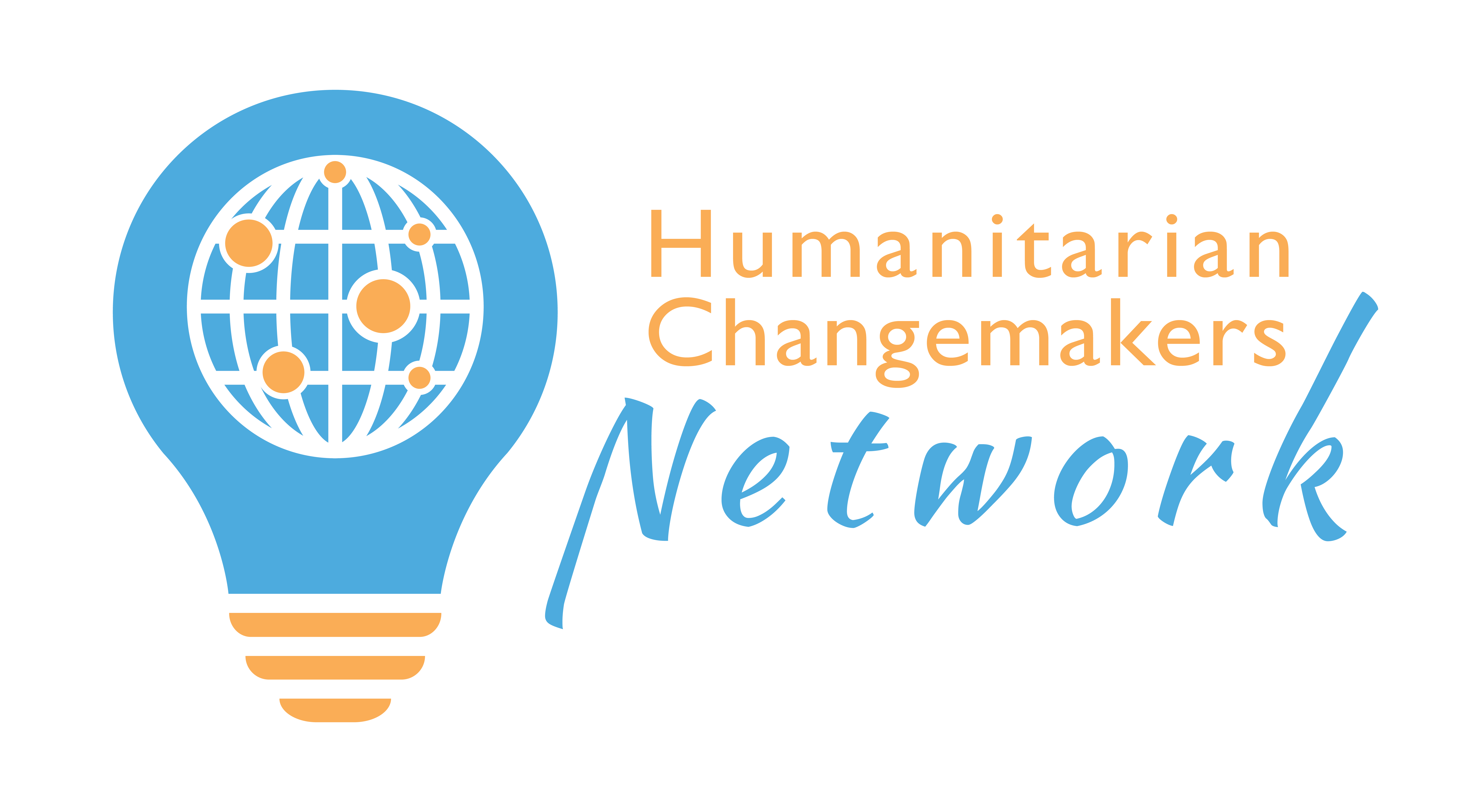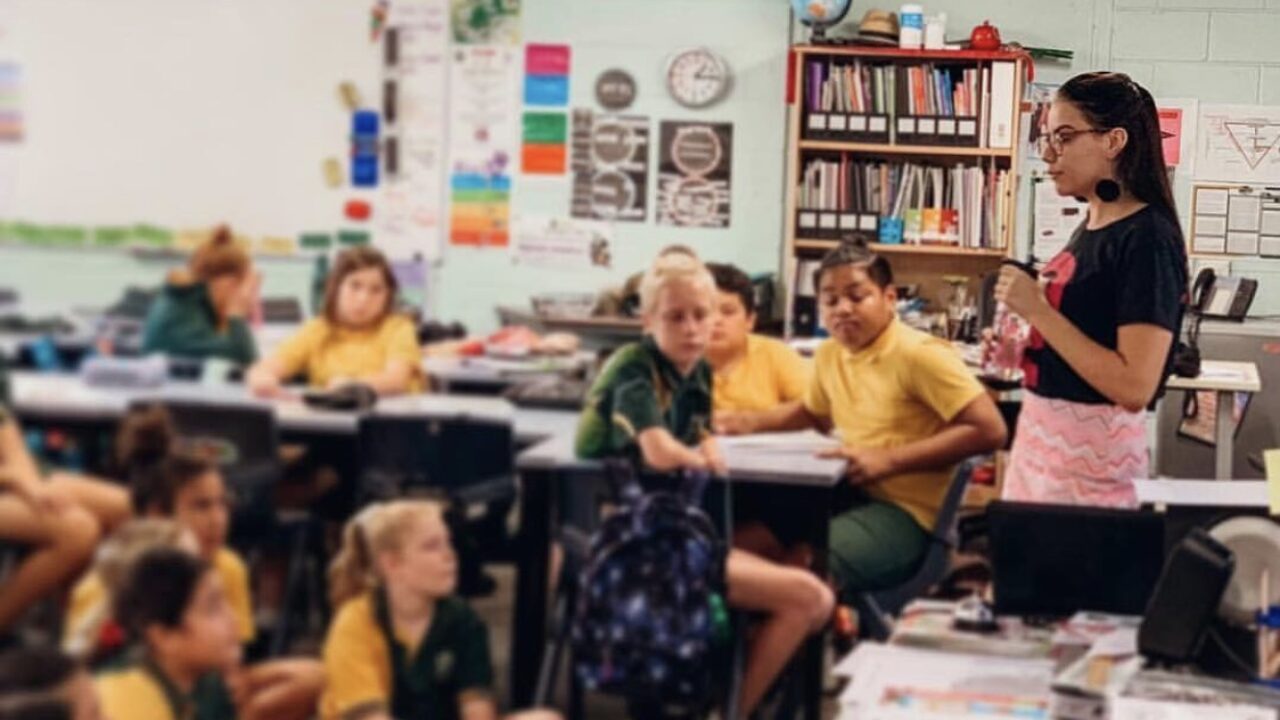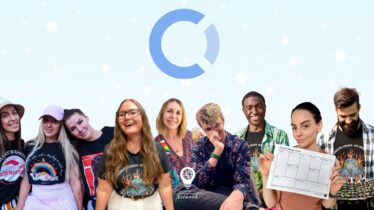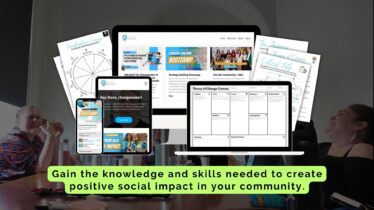Adjusting our theory of change for primary students learning about human rights & sustainability
Throughout 2019 until the COVID lockdowns in 2020, our founder Tiyana J was a guest speaker at a number of primary schools across the south of Brisbane. The Year 6 students she presented for and spoke to had been learning about topics like human rights and the UDHR, climate change, and environmental sustainability, and wanted to hear from an expert in the space about how they can address these issues, followed by a Q&A session.
We strongly believe that it’s never too early to start teaching kids about human rights and environmental sustainability. Teaching young people about these important topics can help to instill a sense of compassion and responsibility in them from an early age. When kids learn about the importance of treating others with respect and taking care of our planet, they’re more likely to grow up to be considerate, caring adults. Furthermore, by raising awareness about these issues at a young age, we can help to ensure that future generations are better equipped to protect human rights and preserve our planet for years to come.
While our framework for social change was still at the centre of the lessons, Tiyana adjusted the way the framework as taught to suit the 12-year-old audience. Typically, learning our framework for change would involve understanding the indicators of individual/collective and systemic change, and the differences between formal and informal changes, as per our framework:
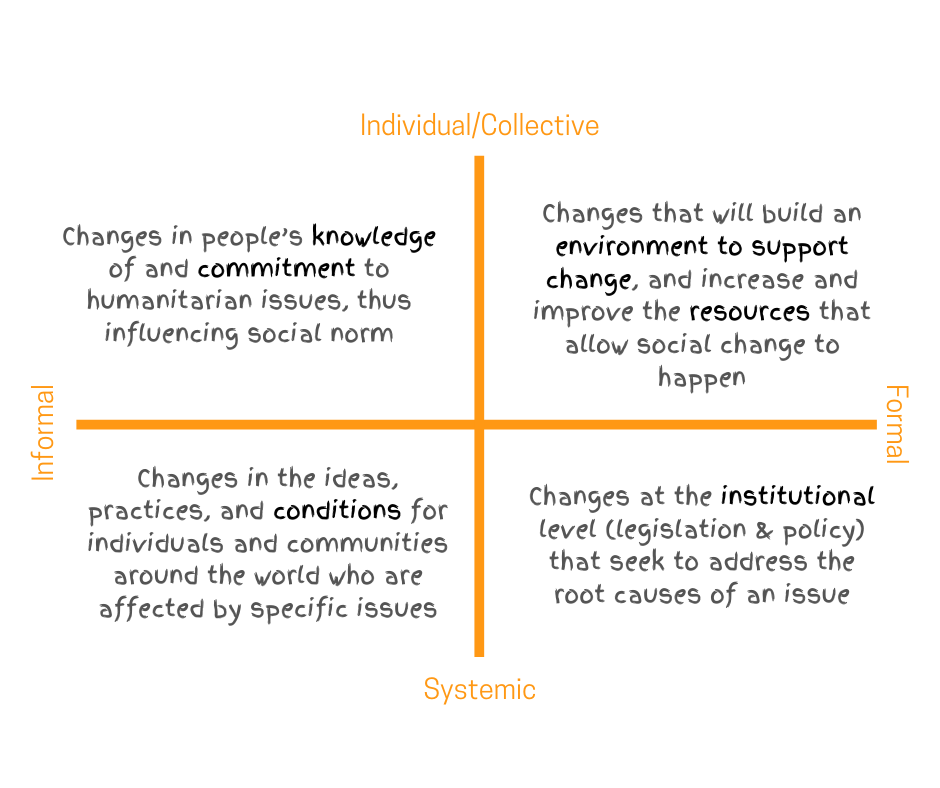
Rather than explicitly teaching them our social change framework and theory of change, the discussion focused on the ways of bringing about change, rather than the outcomes of change processes. The students learnt about the role that conscious living, advocacy, activism, and humanitarianism all play in protecting the environment and defending human rights:

The students were very receptive to this way of learning about the things they can do to create change, not only now, but in the future. And of course, the Q&A sessions were always the highlight of these talks.
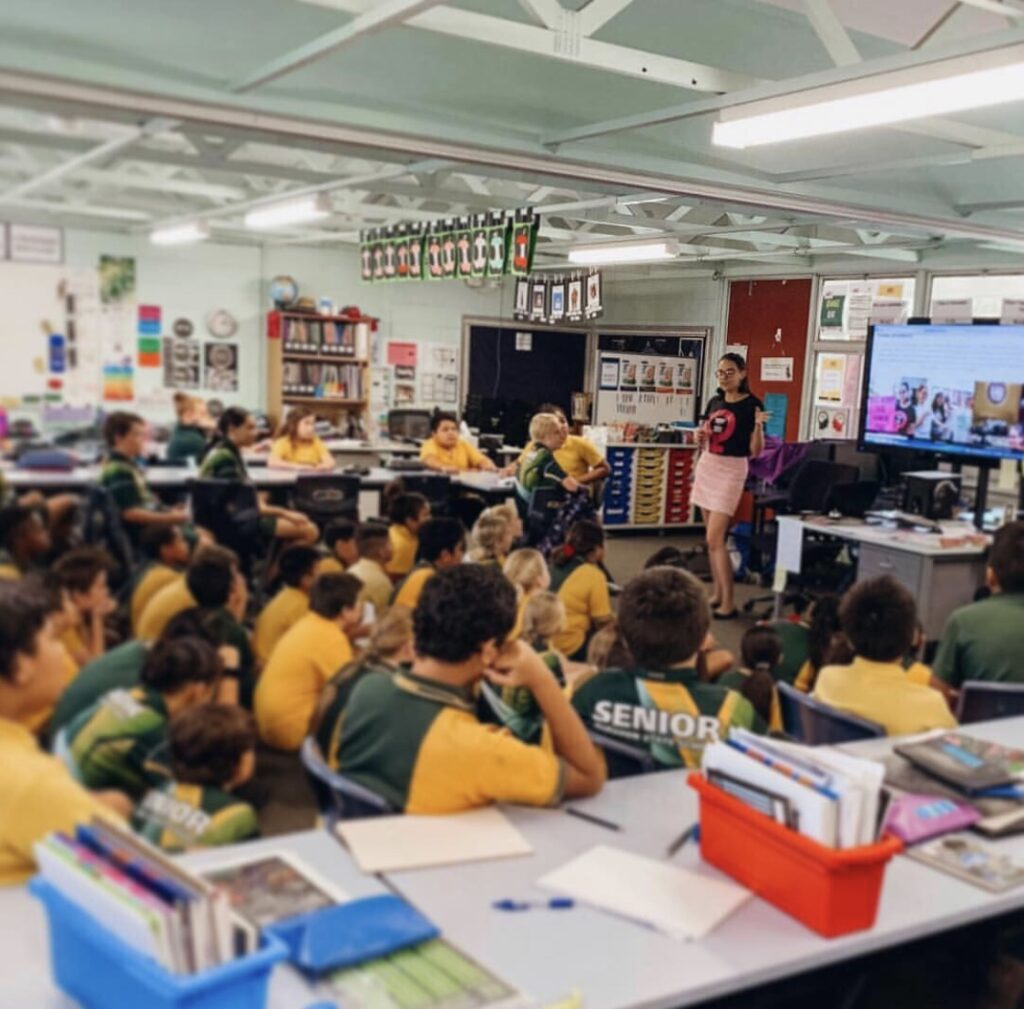
Listening to a younger audience was incredibly insightful. One of the joys of working with children is that they are invariably curious. They want to know why things are the way they are, and they’re not afraid to ask questions. As a teacher, this can be both a blessing and a curse, but for us, children’s questions help to reveal their understanding of the world around them. This in turn provided insights into what topics they find most interesting or confusing, which can help us adapt our school programs to suit their interests and needs.
